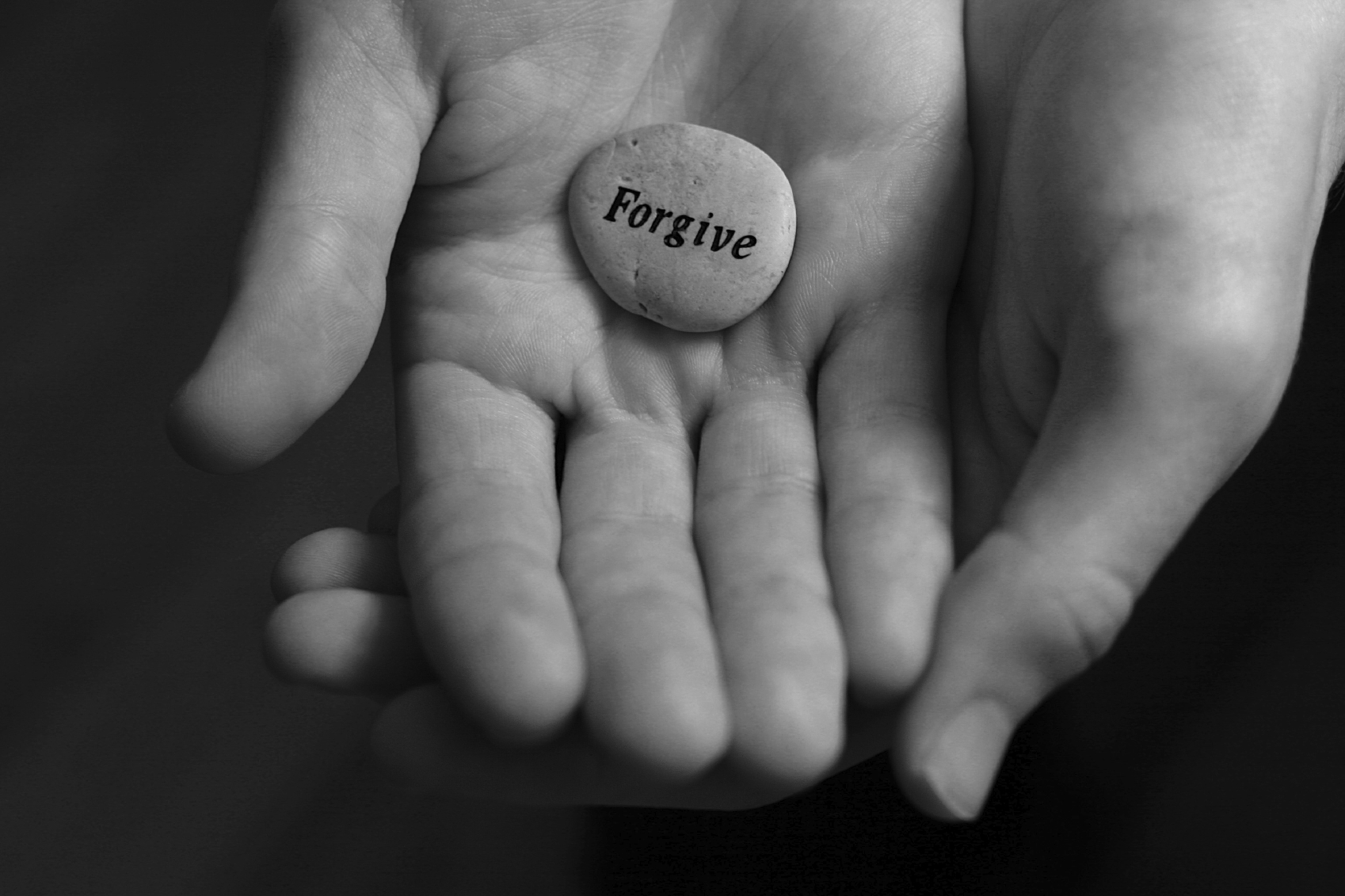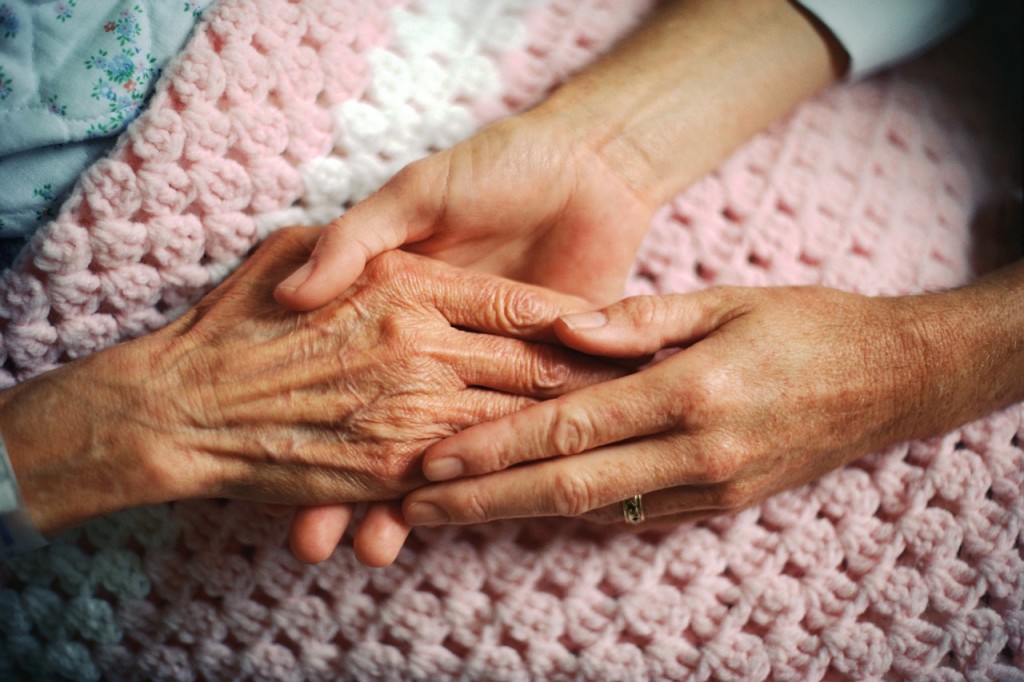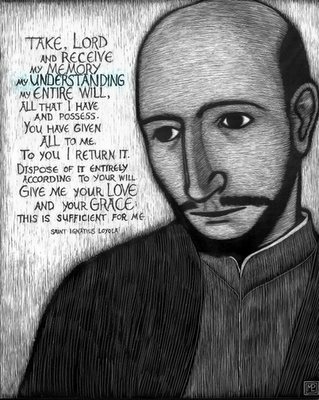This is a post by Mel Davis.
 The greatness of forgiveness is one of the Bible’s most prominent messages. Time and again its virtues are preached, and Jesus himself died for the express purpose of forgiveness. Despite this, the ideal of forgiveness appears to have got somewhat lost in modern Christianity. Certainly the concept of unconditional forgiveness – of ‘grace’ – no longer wields the ideological power that it once did. This is a pity, as non-judgemental, non-conditional forgiveness is an incredibly powerful force. It can be deeply healing, not just for the person receiving the forgiveness, but for the person doing the forgiving. Perhaps most importantly of all, we need to re-learn how to forgive ourselves.
The greatness of forgiveness is one of the Bible’s most prominent messages. Time and again its virtues are preached, and Jesus himself died for the express purpose of forgiveness. Despite this, the ideal of forgiveness appears to have got somewhat lost in modern Christianity. Certainly the concept of unconditional forgiveness – of ‘grace’ – no longer wields the ideological power that it once did. This is a pity, as non-judgemental, non-conditional forgiveness is an incredibly powerful force. It can be deeply healing, not just for the person receiving the forgiveness, but for the person doing the forgiving. Perhaps most importantly of all, we need to re-learn how to forgive ourselves.
Corrosive Loathing
Anger can be a great motivational force. Anger at injustice has fired some of the world’s most successful campaigns for the greater good of humanity. However, for such things to truly result in a better world, an alloy of anger and forgiveness needs to be forged. Without that crucial forgiveness, the anger becomes corrosive and degenerates into hatred. Anger can improve things – it makes us fight for what is right – but if we are not prepared to forgive the sins of the past and go on to forge something better together, then the suffering simply continues. The ‘Truth and Reconciliation’ movement in South Africa understood that railing against white oppression was necessary to achieve a fairer future. But the bloodshed would never stop and that fairer future would never materialize if both sides could not come together, forgive each other their differences, and move forward, united in peace. Without forgiveness, fighting would continue and both sides would suffer. The same applies to more personal human relationships.
Self-Forgiveness
The forgiveness of God (grace) is unconditional and based in deep love. This love is spoken of often, but the forgiveness is not. The truth is that forgiveness is deeply embedded within love. Without forgiveness, there can be no love. This is very pertinent when it comes to our dealings with ourselves. Those who cannot forgive themselves, who cannot exert self-compassion, inevitably suffer from a lack of self-love. Jesus said, ‘Love thy neighbour as thyself’ – too often we neglect the ‘as thyself’ part. Self-loathing and an inability to forgive oneself for one’s mistakes (even when we have apologised, and been forgiven by any offended party) is the root cause of many self-esteem issues and mental health problems. Addicts in particular may consider themselves unworthy of recovery, and sink deeper into the mires of addiction. The knowledge that God is prepared to bestow unconditional forgiveness upon someone who thought themselves unworthy can be an extremely powerful revelation. It makes one realize that they ARE worthy of becoming better, that they are loved. God’s grace is a fabulous force for good in the world, and the power of forgiveness needs to be recognized more than it is. For more on healing and forgiveness, read this article.
Mel Davis is a writer and editor who used to work within the mental health care field. She herself had suffered problems with addiction during the early part of her adult life. Whilst in recovery she turned to the church, and to God, for solace and firmly believes that this has aided her on the journey to wellness once more. She lives with her husband and her two children.
| If you’d like to write for God In All Things please see the Submissions page. |









I think that one of the reasons forgiveness has gotten neglected is because the average person does not know the difference between “Forgiveness” and “Being Walked On”. People feel that Forgiveness is an invitation for the harm to be repeated without any consequences, because there was no consequence the first time. I know that this is a struggle for me.